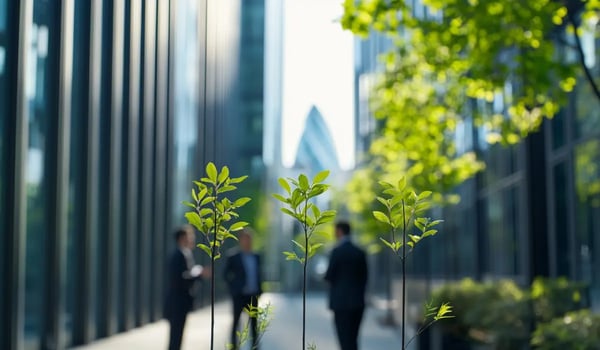The global carbon offsets market is entering a new era—one defined by stronger quality controls,...

Carbon Market on the Rise: Stronger Standards, Greater Impact
1

ICVCM Endorses First High-Quality Certifiers
In a significant development for the voluntary carbon market (VCM), the Integrity Council for...
2

Global Coalition Launches to Standardise Carbon Credit Markets
Singapore, the UK, and Kenya have come together to launch a global coalition aimed at streamlining...
2

Navigating the Skies of Carbon Compliance: ICAO's Conditional Nod to CORSIA Standards
The International Civil Aviation Organization (ICAO) has recently made a pivotal move in the fight...
2



